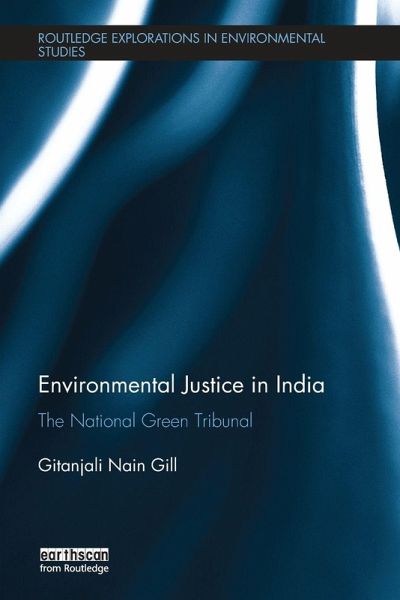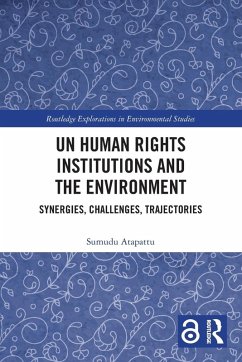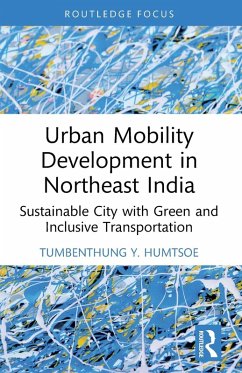
Environmental Justice in India
The National Green Tribunal
Versandkostenfrei!
Versandfertig in 1-2 Wochen
62,99 €
inkl. MwSt.
Weitere Ausgaben:

PAYBACK Punkte
31 °P sammeln!
The establishment of the Indian National Green Tribunal (NGT) was a result of the recommendations of the Law Commission of India and was set up to secure access to environmental justice: a key component providing just and equitable outcomes for sustainable development. This book explores the genesis, operation and effectiveness of the NGT and will be of great interest to students and scholars of environmental justice, environmental law, development studies and sustainable development.














